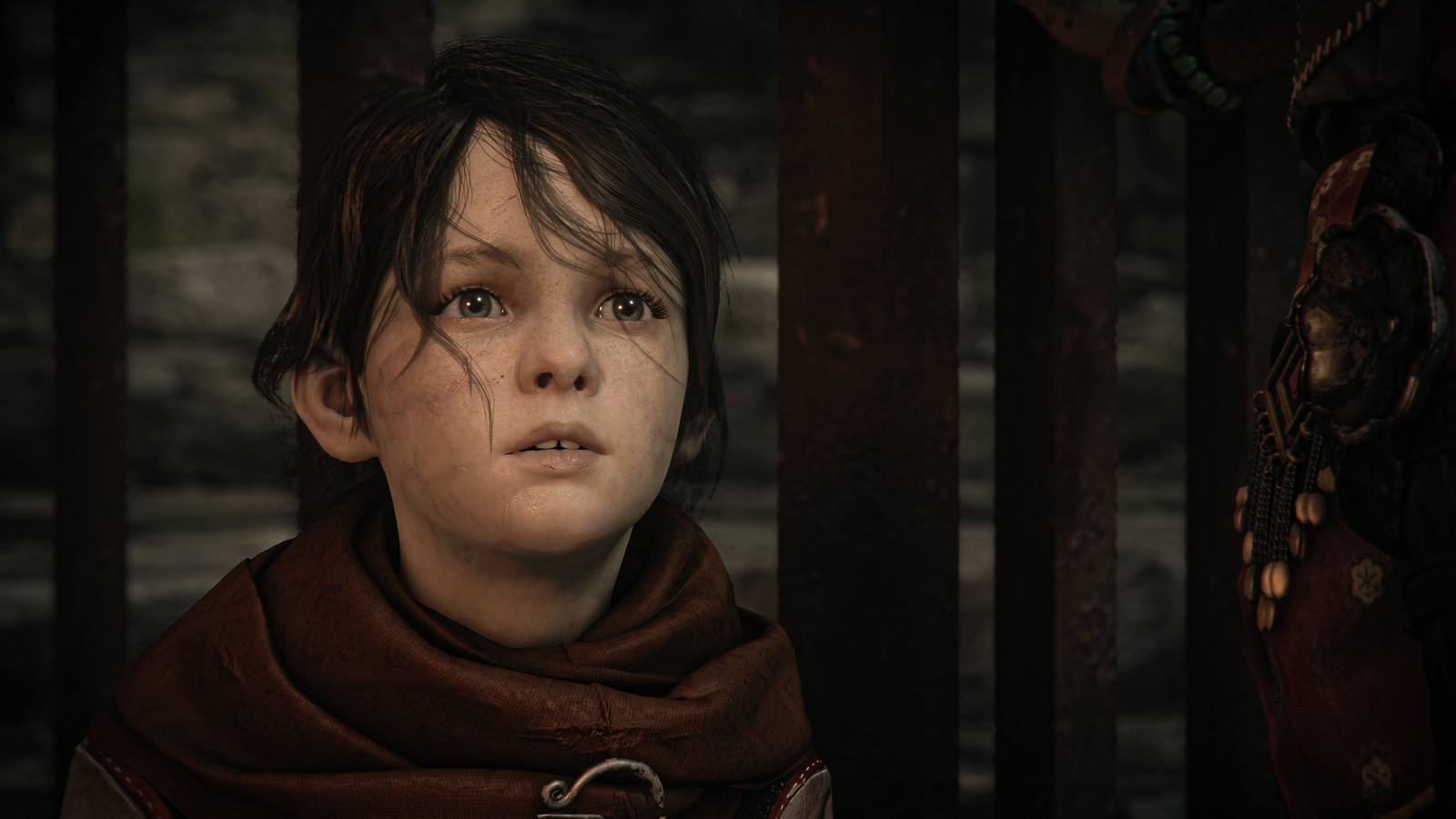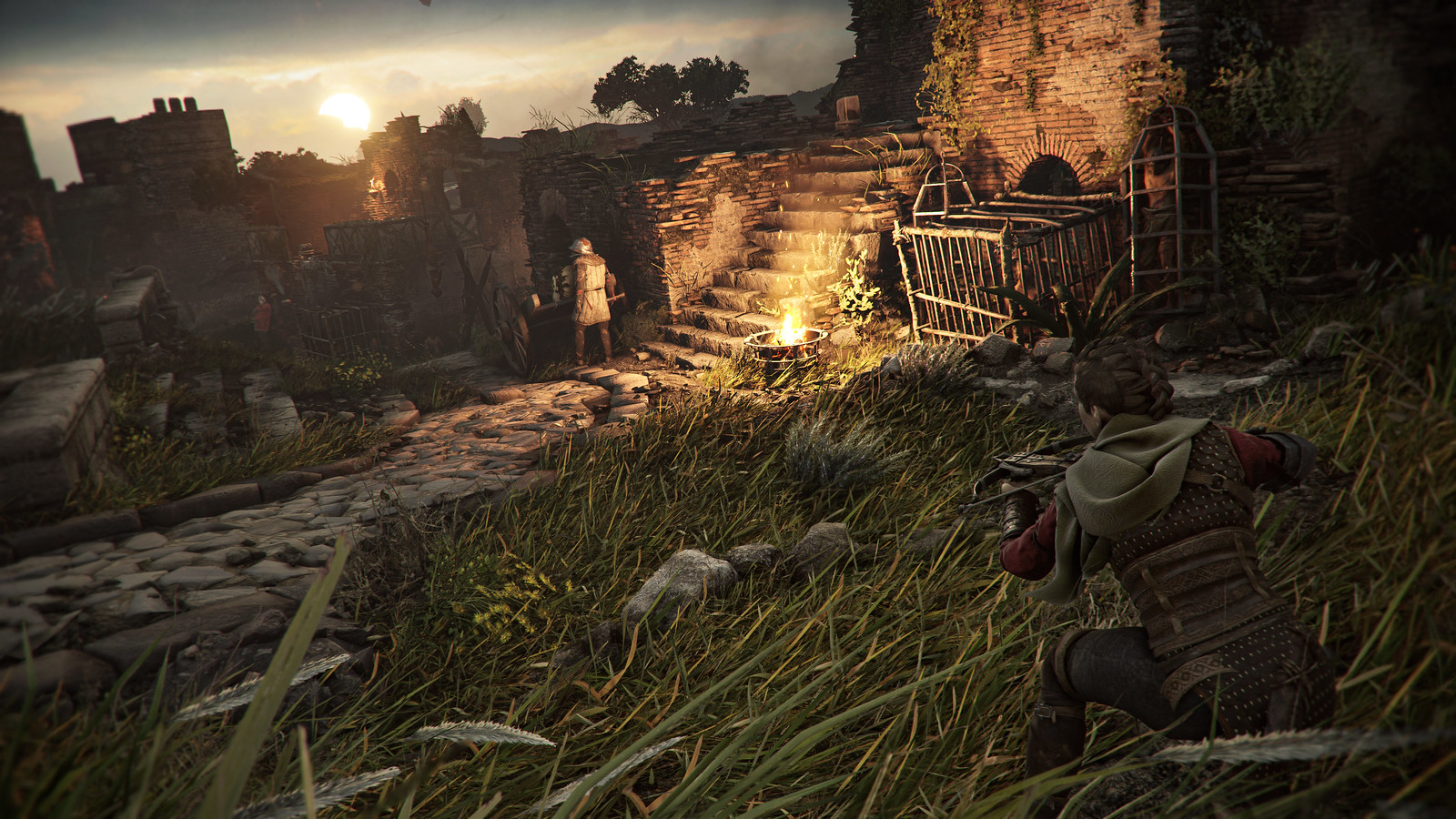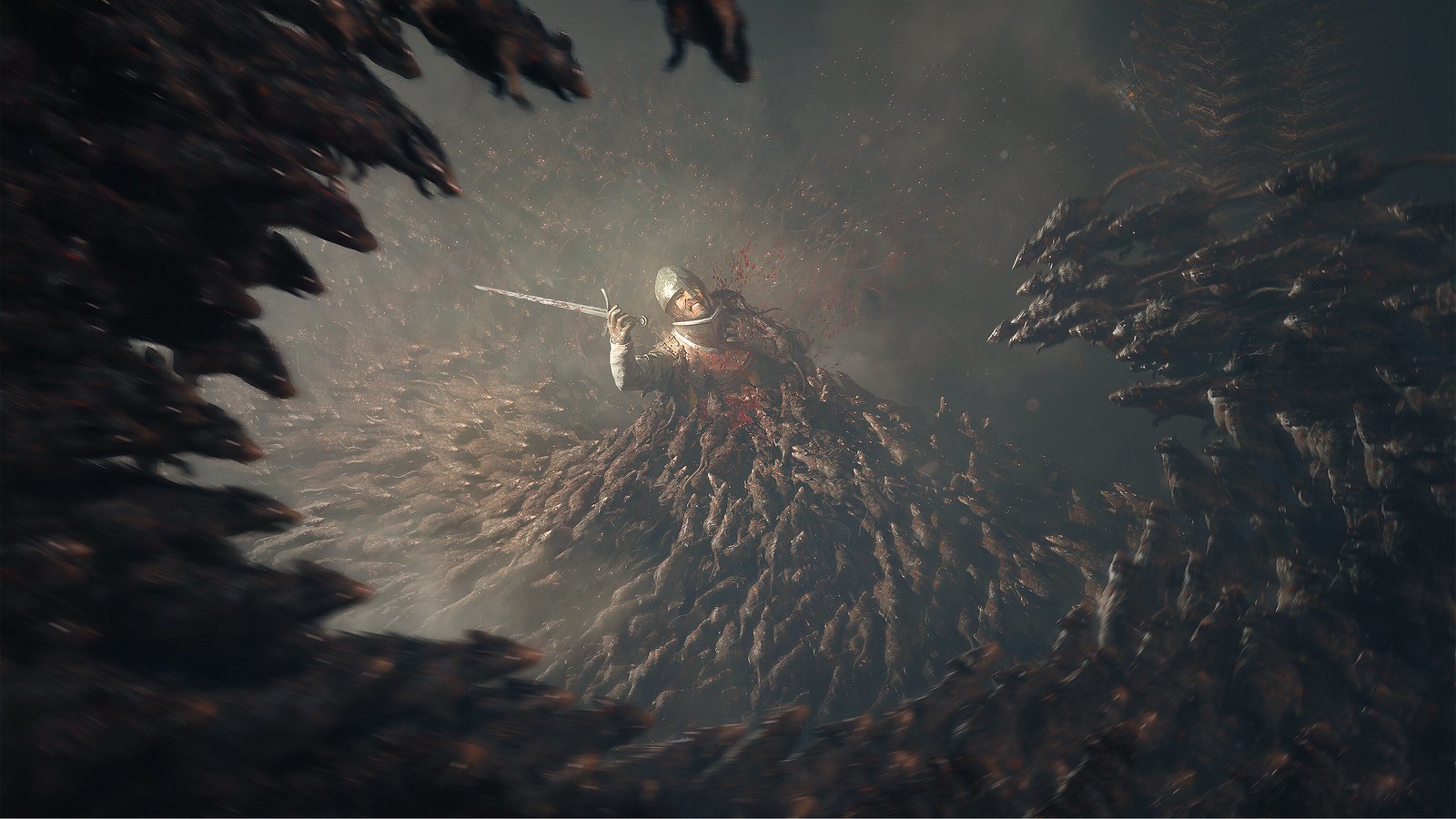Only the strong survive — how Amicia and Hugo’s abilities will change in A Plague Tale: Requiem – PlayStation.Blog
Hi everyone! Kevin Choteau here, Game Director at Asobo and very excited about everything we’ve been working on to bring you A Plague Tale: Requiem! The game releases on October 18 on PlayStation 5, three years after its prequel, Innocence. So time has passed, and so has it for our two heroes, Amicia and Hugo, who we’ll meet in Requiem six months after we said goodbye to them in Innocence. They’re both children, subject to constant evolution, so you can expect them to have changed! And that’ll impact how you play with them… Let’s look a bit into it right now.
The End of Innocence
Hugo and Amicia have had to evolve a great deal, and to evolve fast to face the trials that life puts in front of them. They’re confronted with the extreme cruelty of their time, and experience atrocities and events that are far bigger than them. So their personalities and their abilities evolve in the process. Amicia learns to fight and to kill, and Hugo learns to use his power. And that does not strictly involve physical skills, it also means to deal with the morality of their actions and the trauma such amount of violence may cause.
Following the events of Innocence, Amicia’s more hardened in combat. This is made clear by looking at her new set of weapons, which not only includes an improved version of the sling she was using in Innocence, but also a crossbow—a weapon of war.
Hugo was really just a spectator at the start of Innocence, discovering the world and marvelling at everything. But he becomes active as he becomes aware of the danger: he has an extraordinary power that he started using at the end of Innocence, and he continues down that path in Requiem.
So our two heroes have matured, and they are prepared for action. But it’s a lot to ask two children, and assuming these roles means developing a sense of darkness. That will be part of how they can use their abilities: weighing their actions and how much darkness they let in will be key to making it through.
Amicia’s Abilities
Learning to control herself will be one of Amicia’s main challenges. Her trauma resurfaces and she has to deal with how far she can go to protect her brother. Her struggle to learn and accept to use force and to kill can lead her to develop a taste for it. Requiem constantly puts her in the position to question the limits of survival and protection instincts. She’s moved past hesitation, but the risk for her to sink completely into violence is real.
This internal conflict comes in a context where threats get wilder. In Innocence, the opponents were the Inquisition and English soldiers, quite organised. In Requiem, Amicia and Hugo will face mercenaries and smugglers, more violent and unpredictable. Our team has put a lot of effort into designing their intelligence and reactions to each situation. Their potential of adaptation to Amicia’s moves will truly challenge players!
Amicia will need to control this risk of escalation, and that will be made possible by the agency given to players in approaching situations and solving them. The array of tools she can use will broaden, with new alchemical recipes, her improved sling and a crossbow. But more importantly, a whole new spatial dynamic will be introduced.
Amicia is going to rely heavily on environment-specific resources and make it her strongest asset. She’s going to develop guerrilla approaches to surprise and harass their opponents, using what is available in the environment to her advantage, from tarpots to slow enemies down to ignitable tall grass. In terms of gameplay, this translates into much more open encounters than what we had in Innocence, fitting the much bigger environments introduced in this new chapter. That means danger can be approached in more than a single way, in a context where there is plenty to explore. You can make up your own mix of alchemy, stealth and action—using a knife in hand-to-to hand combat if it has to come to it! Not only does this allow to avoid escalation if done well, but it allows for the evolution of Amicia and Hugo, from a more vulnerable survival attitude to increasing confidence in facing enemies.
Hugo’s Abilities
Hugo’s supernatural power perfectly represents the duality between their children’s souls and the enormous stakes he and his sister become responsible for. There is a vertiginous dimension brought forth by the rats which is an essential aspect of the game: there’s this gigantic, unstoppable force, it’s scary but it has to be fought to survive.
The risk of Hugo losing control while fighting it makes it all the more intimidating. We got to witness it in Innocence, and it becomes an important threat in Requiem. He could destroy a whole city…! We are reaching a scale of threat and awe that wasn’t possible at the time of Innocence.
Psychologically too, there’s an important impact to resorting to his powers: Hugo gets to share the perception and the feelings of the rats… Every time he does, it damages him a bit more. That impacts the player’s experience as well and teaches them to be cautious. At the same time, there is a certain vicious pleasure in unleashing this power… but consequences follow and a price is to be paid! It’s a story of moral dilemmas, with the progression of the Macula and the lives of people Hugo holds dear at stake.
I hope you’re as excited as me to play Amicia and Hugo’s next chapter! Our team has still so much to share with you in the lead-up to the release, so stay tuned for more! A Plague Tale: Requiem releases on October 18 on PlayStation 5. You can pre-order it now to get exclusive bonuses.














